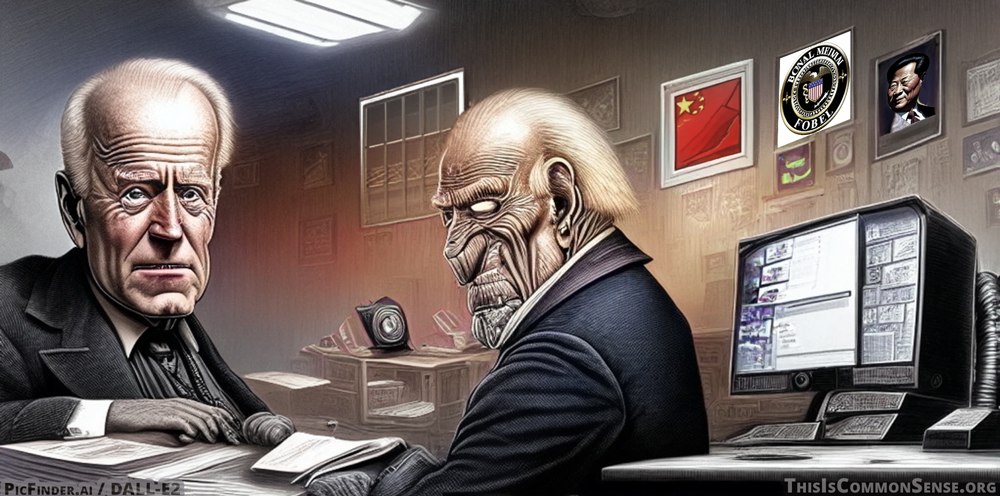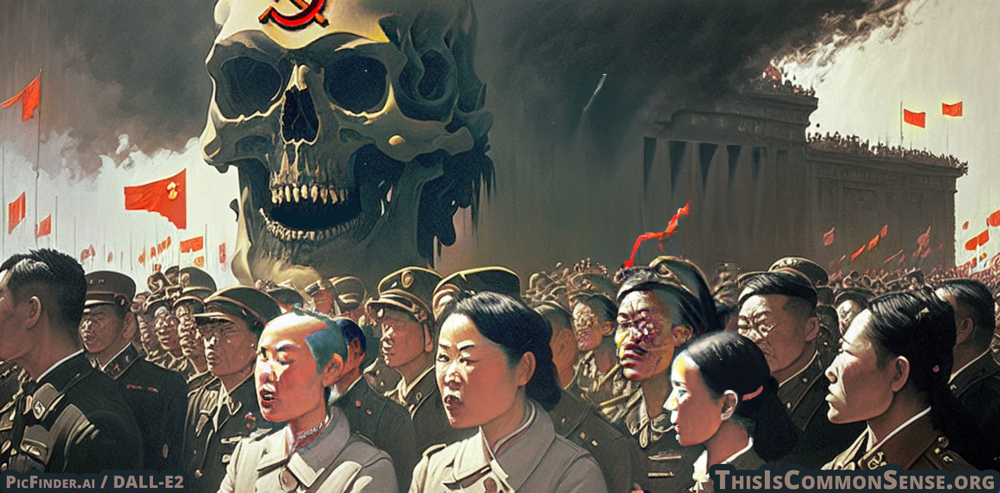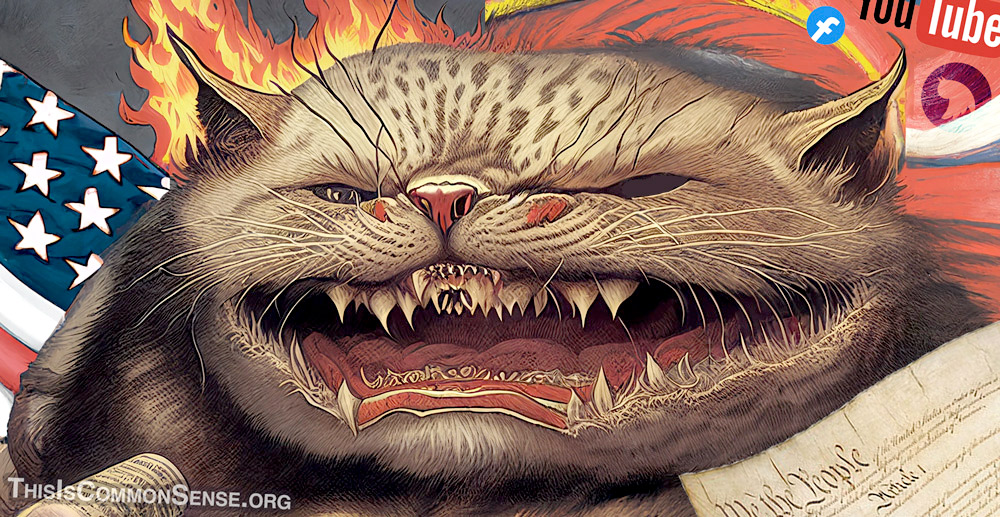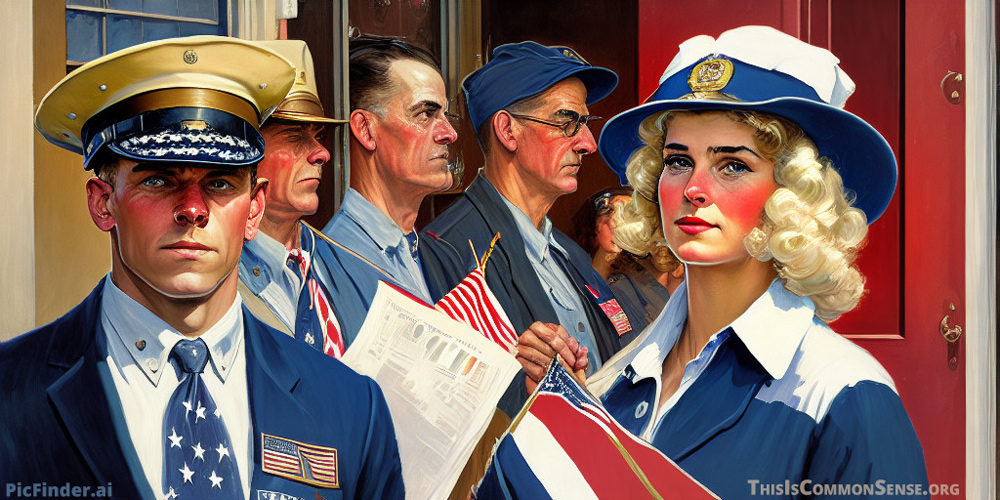In China, the government now sells software to social media companies so they have the best real-time idea of what the government currently does not want people to say.
The companies then perform such obliging actions as removing posts and banning users.
The software serves as a self-defense system — of the social media companies. You see, if the companies fail to sufficiently prevent government-outlawed speech on their websites, they will be punished. Maybe ruinously. By the Chinese government.
So who is doing the censoring here?
Obviously, the government.
In the U.S., the intimidatory relationship between government and social media firms is not quite so advanced or nearly so clear. But as we keep learning from documents extracted by litigation and subpoenas, for years now our federal government has been telling firms to censor things, and the firms have complied.
The latest example is that Facebook, which has always said that its content-moderation policies are “independent,” obeyed White House demands to censor posts about the likelihood that the COVID-19 virus originated in a Chinese lab, not in nature.
In a July 2021 email, Nick Clegg, a Facebook executive, asked whether anyone could “remind me why we were removing — rather than demoting/labeling — claims that Covid is man-made.”
To which a VP in charge of content policy replied: “We were under pressure from the [Biden] administration and others to do more. We shouldn’t have done it.”
No matter how White House press secretaries or others try to dress it up, “private” censorship conducted in obedience to governmental requests is governmental censorship.
And is eerily close to the Chinese practice.
This is Common Sense. I’m Paul Jacob.
Illustration created with PicFinder.ai and DALL-E2
—
See all recent commentary
(simplified and organized)





